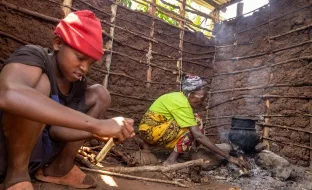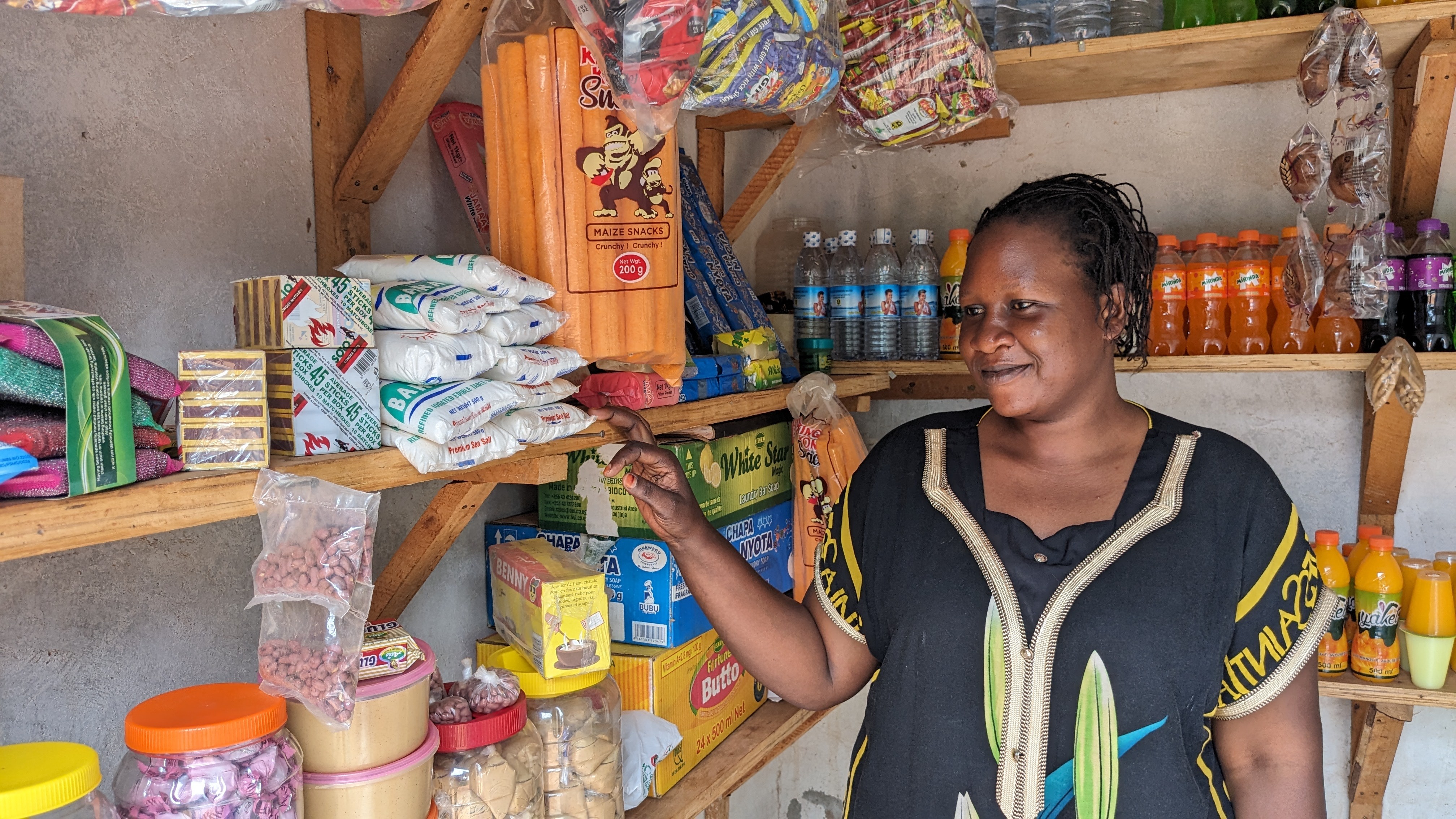Across the world, from a meeting of world leaders in Switzerland to a San Antonio newspaper to the podiums of the French presidential race, basic income continued to be in the news. Policy-makers, economists, and columnists all talked about whether this unique type of cash transfer could be a way to reform social safety nets and improve people’s lives.
GIVEDIRECTLY IN THE NEWS AND BLOGS
1. Measuring Impact Of Charitable Cash Transfers
The Non-Profit Times, January 19, 2017
Undoubtedly you have given cash to someone in need but later wondered, “Did that person buy something to eat or just spend the money at the nearest liquor store?” You are not alone. However, organizations such as GiveDirectly (www.givedirectly.org) have found that charitable cash transfers give the poor the flexibility to pursue their own goals and have long-term positive impacts.
2. GiveDirectly Highlights Unscripted, Unedited Beneficiary Stories
SAT Press Release, January 18, 2017
When GiveDirectly launched nearly nine years ago, the concept was revolutionary – using cell phones to transfer money directly to those who need it most – with very little overhead. Now, the nonprofit is again revolutionizing giving, by sharing the stories of those who benefited from donations in a very real way.
CASH TRANSFERS IN THE NEWS AND BLOGS
3. 5 Myths About Refugees
Psychology Today, Kenneth E. Miller, January 23, 2017
These range from cash transfer programs that help impoverished people meet their basic needs while increasing spending in local businesses; training language teachers to address and incorporate mental health issues into the refugee classroom; helping refugees create new social networks through communal spaces and activities, in order to reduce isolation and increase social support; and advocating for a reduction in the use of detention centers for asylum seekers, who’ve committed no crime yet are often treated as criminals, locked away with uncertainty for prolonged periods of time while their applications for asylum are pending (not surprisingly, rates of depression and suicidal behavior escalate dramatically in such centers).
BASIC INCOME IN THE NEWS
4. France’s Benoit Hamon rouses Socialists with basic income plan
BBC News, Lucy Williamson, January 24, 2017
The most left-leaning of the seven initial candidates in the Socialist race, his programme has been built around the radical proposal of a universal monthly payment for all French citizens, regardless of income. He also wants to legalise cannabis, to tax the wealth created by robots and to ditch the labour law passed last year that made it easier to hire and fire.
5. Revisiting Manitoba’s basic-income experiment
Winnipeg Free Press, Gregory Mason, January 23, 2017
With the recent publication of a working paper on the Ontario Basic Annual Income and the universal basic income experiment about to begin in Finland, it is time to review Manitoba’s experience with a basic income, also known as a guaranteed annual income.
6. Meet the Person Whose Life Is Being Changed by Universal Basic Income
Futurism, Kathleen Riley, January 21, 2017
Lets face it. Getting money each month just for being alive sounds pretty great. But with that perk comes a whole bunch of backlash. Universal Basic Income (UBI) is a concept where all citizens of a country are given a monetary stipend each month in order to survive. The practice is being explored in part as a potential solution to job automation in the future.
7. A radical idea: Universal basic income
San Antonio Express-News, Michael Taylor, January 20, 2017
UBI is having a moment right now. Finland launched an experiment in 2017 to address joblessness with basic income, and the Netherlands is also attempting small-scale trials. Swiss voters rejected it in a referendum in 2016, but Swiss UBI supporters rejoice that it at least came up for a vote. A Silicon Valley startup, Y-Combinator, plans to launch a basic income experiment in Oakland, California, this year.
8. India Is Considering Giving 20 Million Citizens Free Money
Fortune, Stephen Gandel, January 20, 2017
One of the biggest countries in the world is coming closer to implementing one of today’s buzziest ideas in economics: Universal basic income. Or at least a version of it. Speaking at the World Economic Forum, which is being held this week in Davos, Switzerland, Amitabh Kant, an Indian economic official, said the country is seriously considering a plan in which the government would hand out free money to about 20 million Indian citizens.

